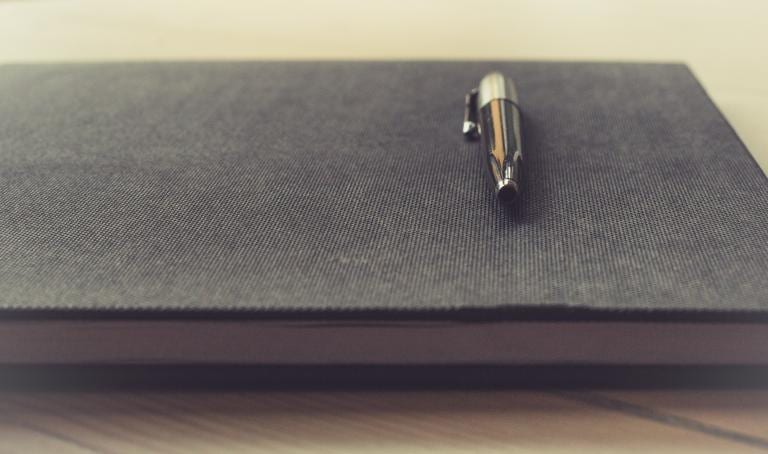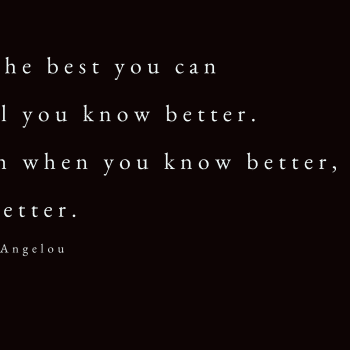
I was talking to a friend this morning and we were discussing our favorite books on the craft of writing. I told her I think I’ve read ’em all. What was glaringly missing, though, are mainstream published books on the craft of writing, written by POC. I can think of one. Amy Tan’s, Where The Past Begins. That’s it.
Now there may be more, but if there are, I don’t hear them talked about in writing circles or classes or online. So maybe it’s time one of us wrote one? Or maybe some of us?
After that chat with my friend, I thought I’d jot down a few quick writing tips that have served me well. These aren’t going to rock your world, I don’t hold the secret key to unlock your words and garnish you a bestseller. But maybe they’ll be a good reminder of the backbone of the work we do.
The funny thing about writing is one person will tell you one thing and the next, something entirely different. Case in point, my friend and I disagreed on Mary Karr’s, The Art of Memoir. Where I loved it, she couldn’t get through it. Yet I yawn and roll my eyes at The Artist’s Way and morning pages make me want to dry heave, but she’s experimenting with them.
So who’s right? Well, maybe both of us.
For the most part, I say, do what works. With some caveats. I have a few non-negotiables. I offer three things I believe are musts and a couple tips you can take or leave.
You must read.
There is no way around this one. Language needs to be ingested regularly to produce anything worthwhile. If you’re not gobbling down and savoring words on a regular basis, your work will come out anemic and limp. You want red-blooded words, robust and hearty and ready to work for you. You only get that from reading wide. For every 100 words you write, read 1,000. Not just blogs or articles, or God forbid-tweets, but long-form books in a lot of genres. If you’re going to write well, you must read.
You must pay attention.
I say, I’m always writing, sometimes I type. I use bath crayons for ideas that come to me in the shower or aqua notes, which I just discovered through a reader. I voice message myself when I drive. All other times I have paper handy should a sentence materialize. These words flit about and if you don’t grab them and wrestle them on the page when they present themselves, they’re lost forever.
Watch people in line at the DMV, listen to the way your boots squish and swallow mud along the trail, sit in silence and hear it speak, roll the words around in your mind, kneading them like bread before you serve them. Your physical life is foreplay for the act of writing. Take your time and enjoy it. Live in your body with your senses, not just in your head, with your thoughts. As Amber Haines says, use concrete words. Create something your reader can grab hold of.
This is the last sentence that came to me in the shower, which I hastily scribbled down with shower crayons. We are loved by peonies blooming in April, unraveling their petals like the arabesque of a ballerina’s tulle skirt. I then wrote a 1,000-word essay around it that I think is pretty good. Bath crayons FTW
You must read your work out loud.
Language is meant to be spoken and heard. It has resonance and weight, pitch and rhythm, everything a good song produces, good writing should as well. Good writing should move you beyond where you started when you began reading. March those words from the back of your throat and see if they perform. Listen for the lag, the off notes, the rush and fumble of clunky sentences. Also, to be clear, this is not solely about auditory abilities. Deaf people still hear language when they read, it flows, that has more to do with the soul receiving it, than the ears.
Tip: If you’re limited on energy or time like I am, don’t just wander, aim.
Maybe this is why I dislike morning pages. I don’t have time to sit with the rising sun while my hand cramps writing out three pages of pre-coffee gibberish. Because of my health, my energy is limited, so I guard it. I write directionally towards hope. I know my purpose when I sit down.
We like the idea of exploration and indeed writing is a vast frontier to be explored but we’d be fools to set out in the wilderness with no compass, no map, no idea of which way we’re headed. We may get rerouted along the way, we may be surprised, but we’re not strictly lost. We’ve set out guideposts from paying attention. I write with a destination in mind. I’m always aiming.
Mean every word and make them count, I’d rather cut ’em later than waste them now. I always have a better story in my mind than the one I drag to the page. The trick is to keep showing up until the words tell a story of their own and they surprise you with things you didn’t see the first time. Write directionally, or as Mary Roach Smith says, “write with intent.” It won’t always land you where you want to go. But hopefully, with practice, it’ll get you close.
Tip: Sometimes we won’t know if our words are good, write anyway.
I don’t always know when I’ve written something good. Sometimes I hold my breath after hitting publish thinking maybe this will be the time I prove I have no idea what I’m doing and I have no business giving writing tips to anyone. But this is the cost of writing. Sure, we can have editors and critique groups and peer reviews but in the end, we have to make peace with our words and be proud of what we created before anyone tells us we have a right to.
Although writers tend to be an insecure bunch, knawing down their fingernails and agonizing over each syllable, writing also demands a bravado to keep at it. The ones who make it? The ones whose words keep resurfacing, they’re the ones who didn’t give up.
This doesn’t guarantee a large readership or critical acclaim but it does mean you’ll keep doing something you love.












